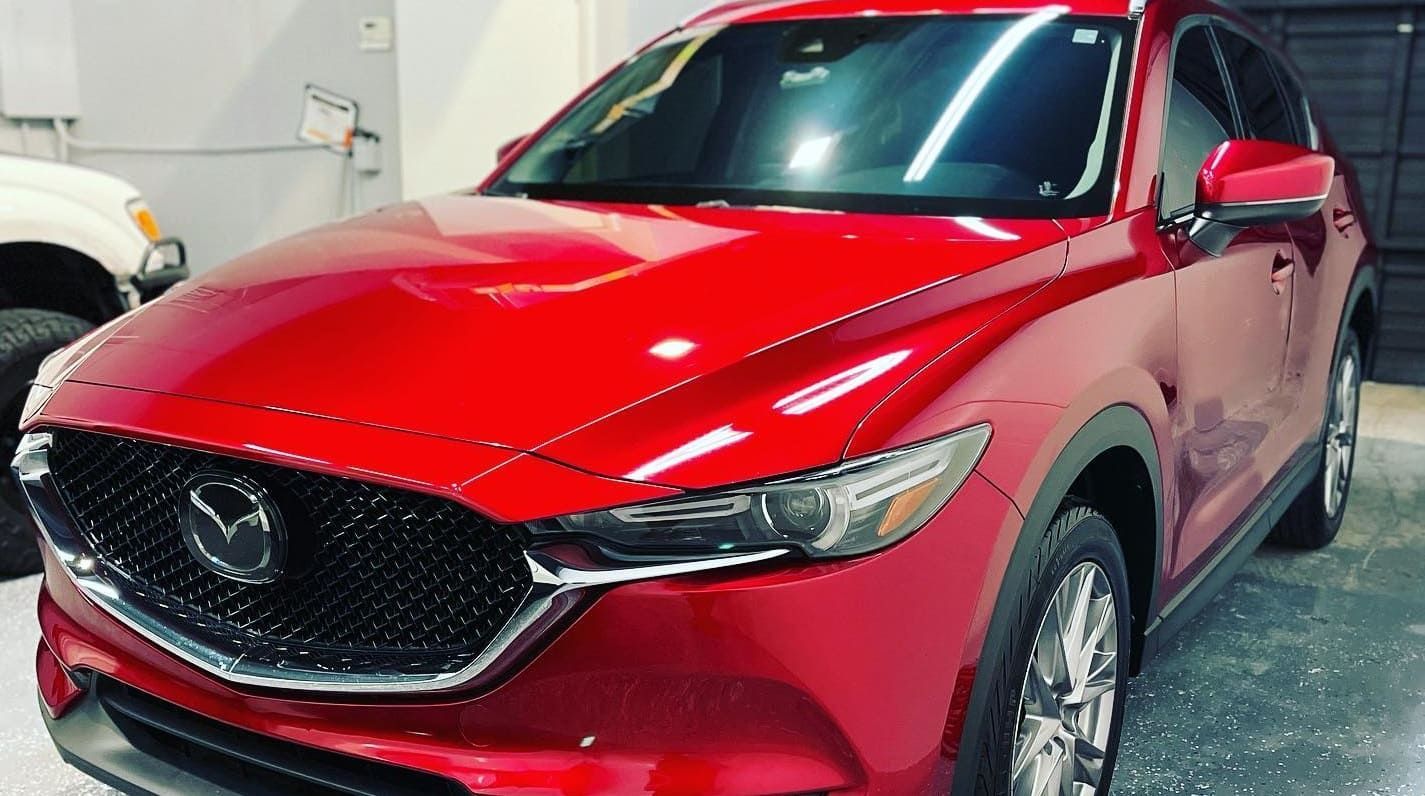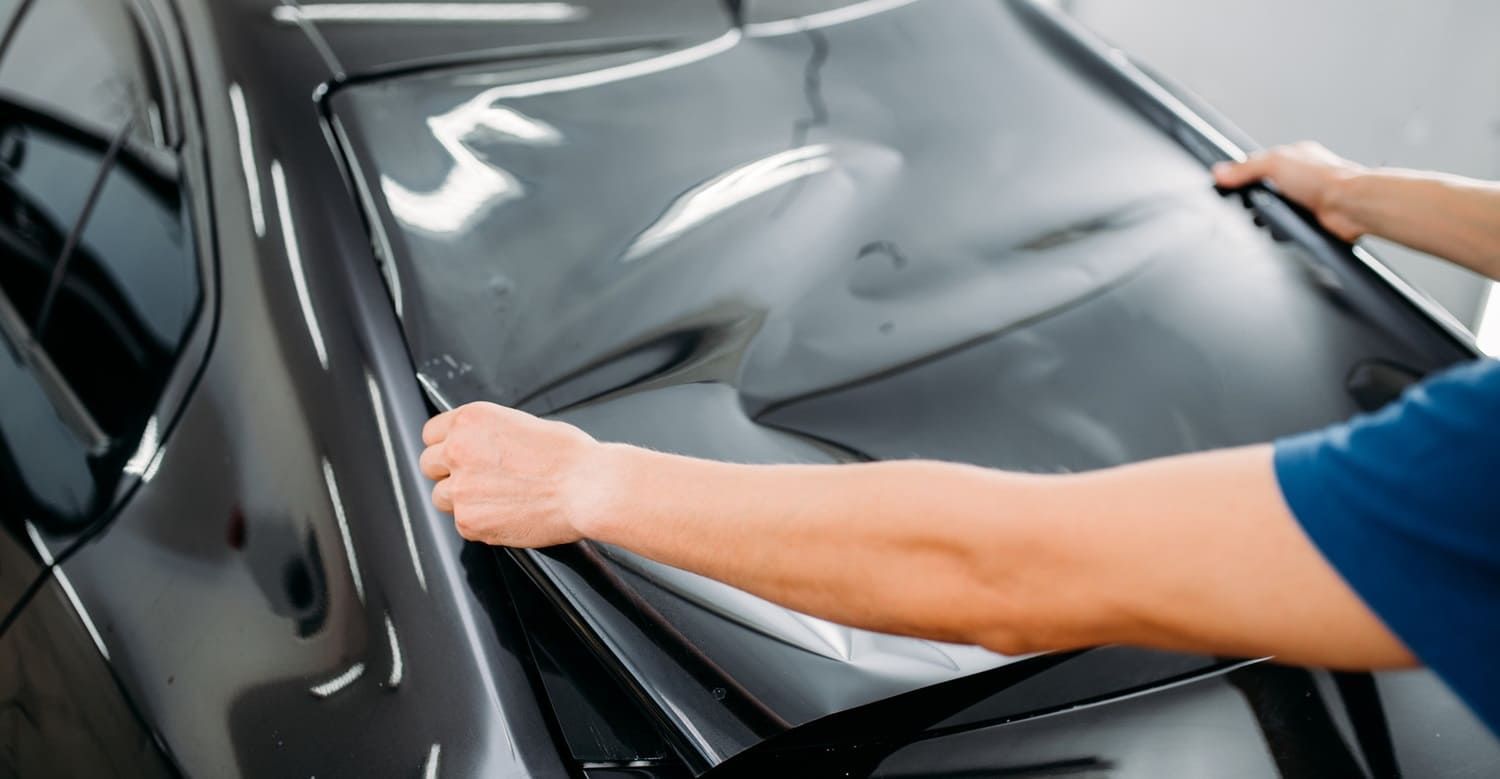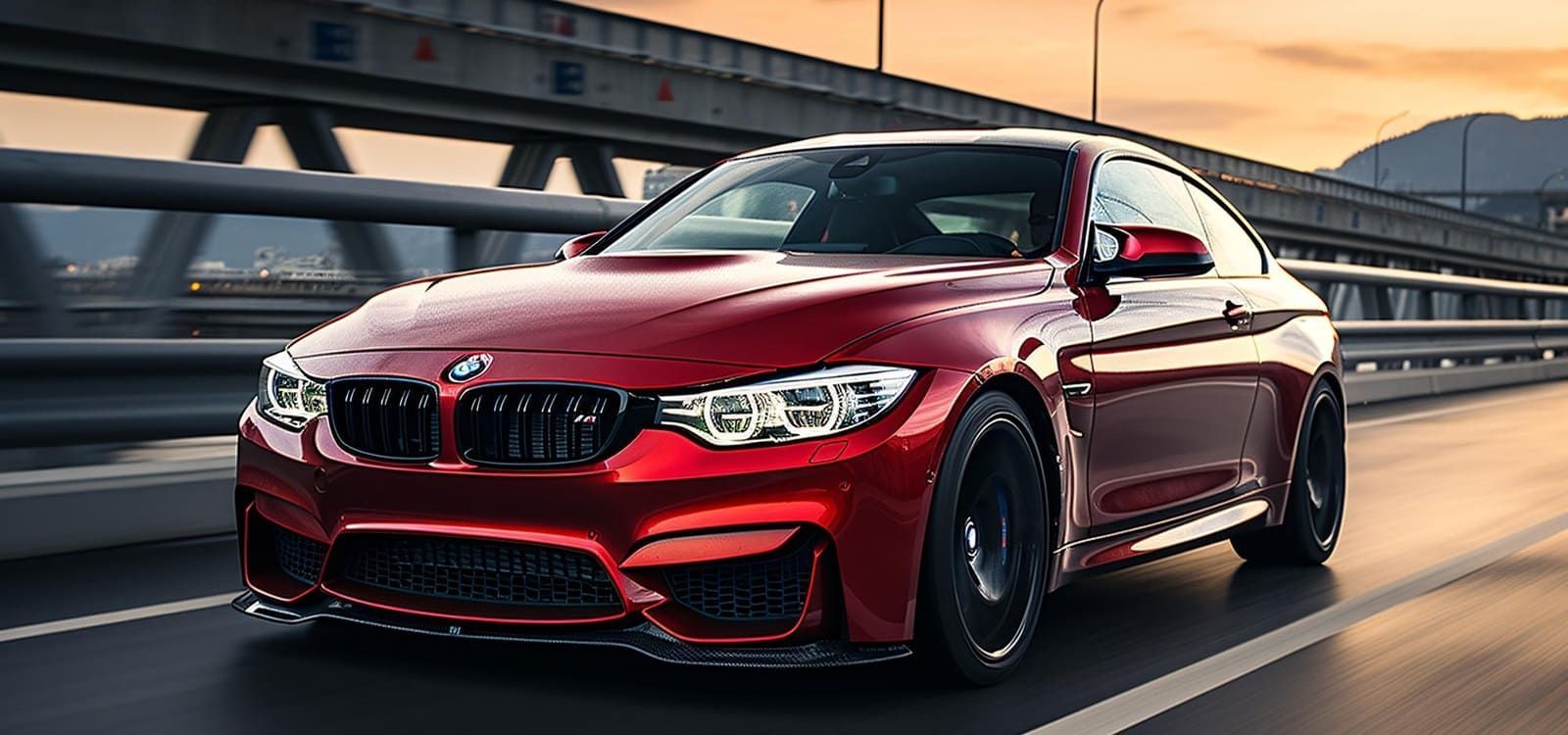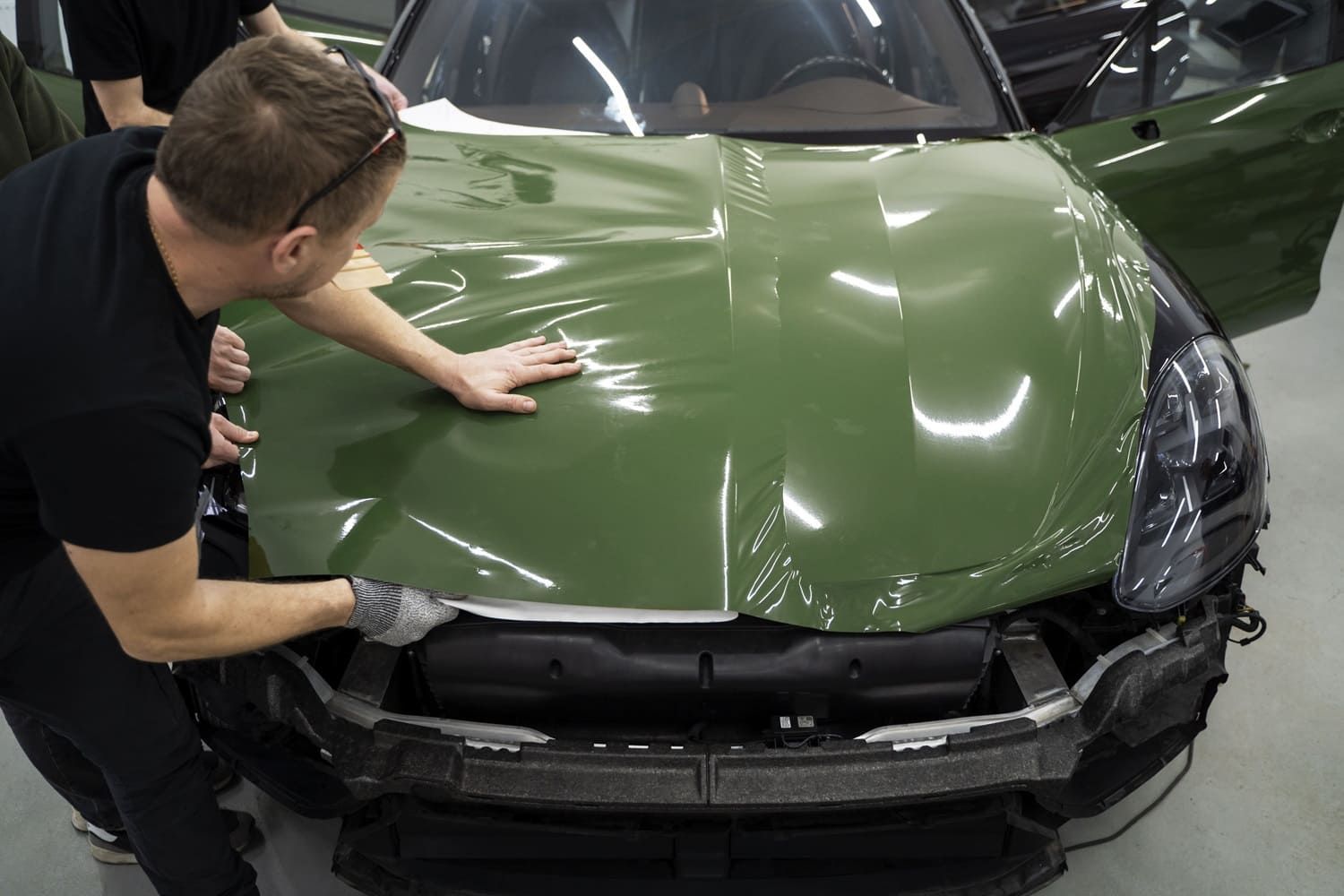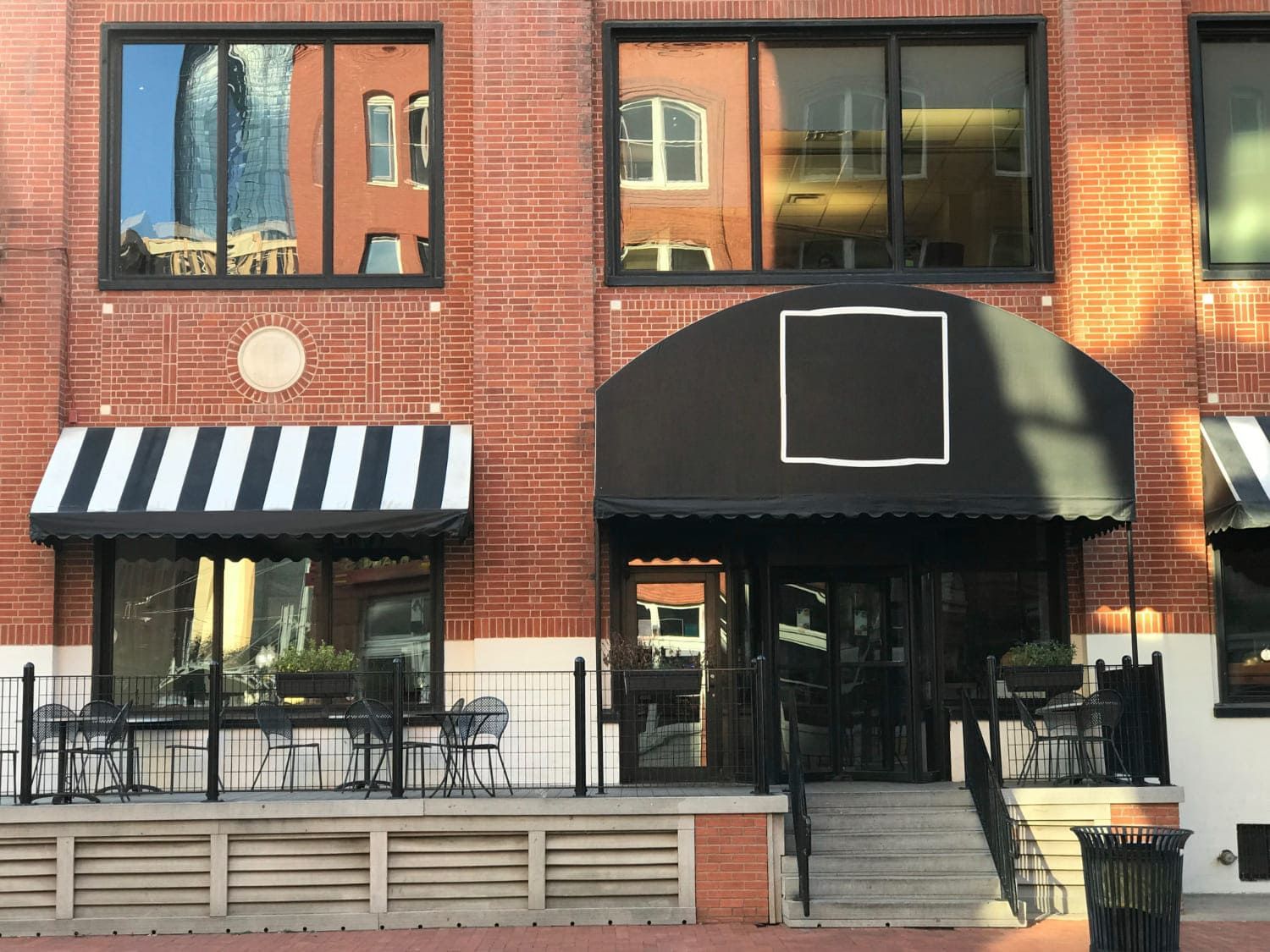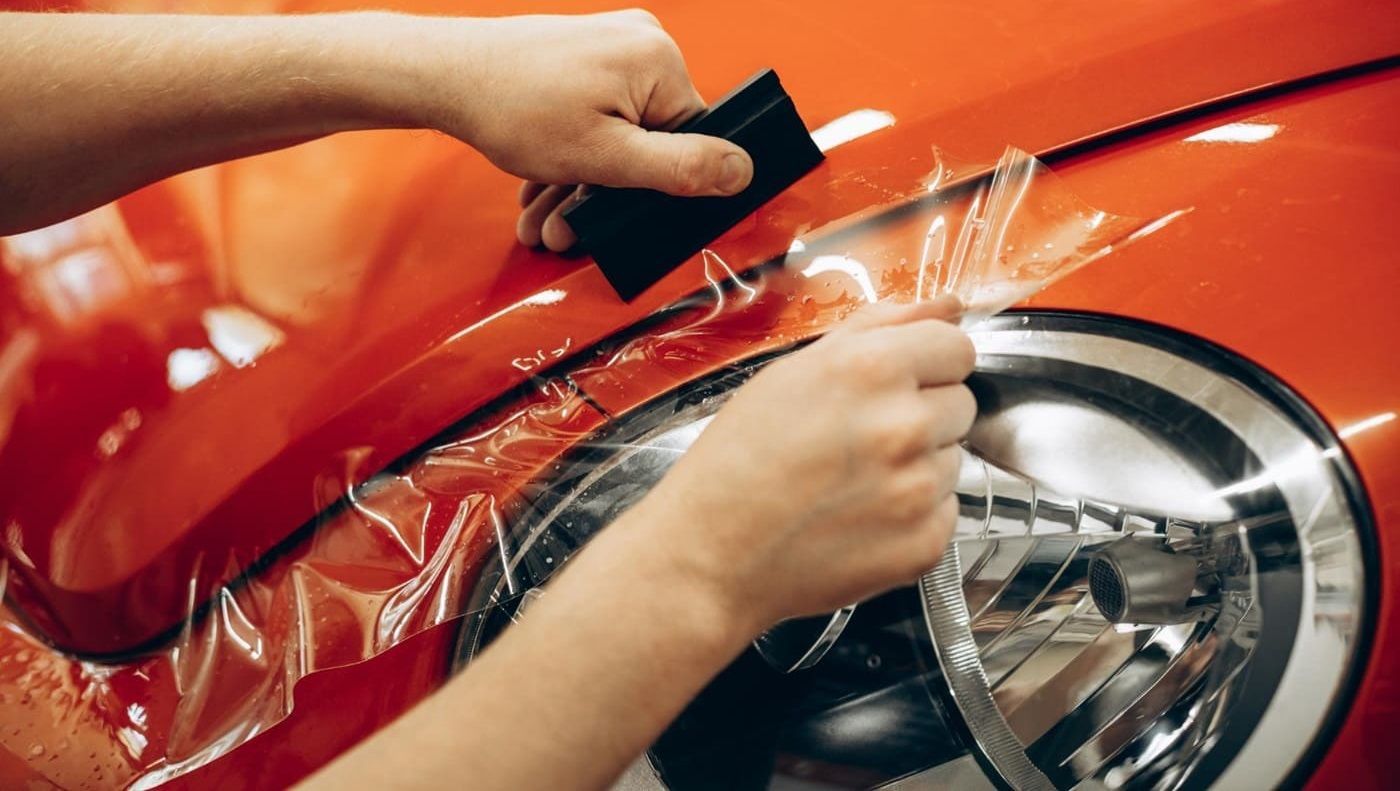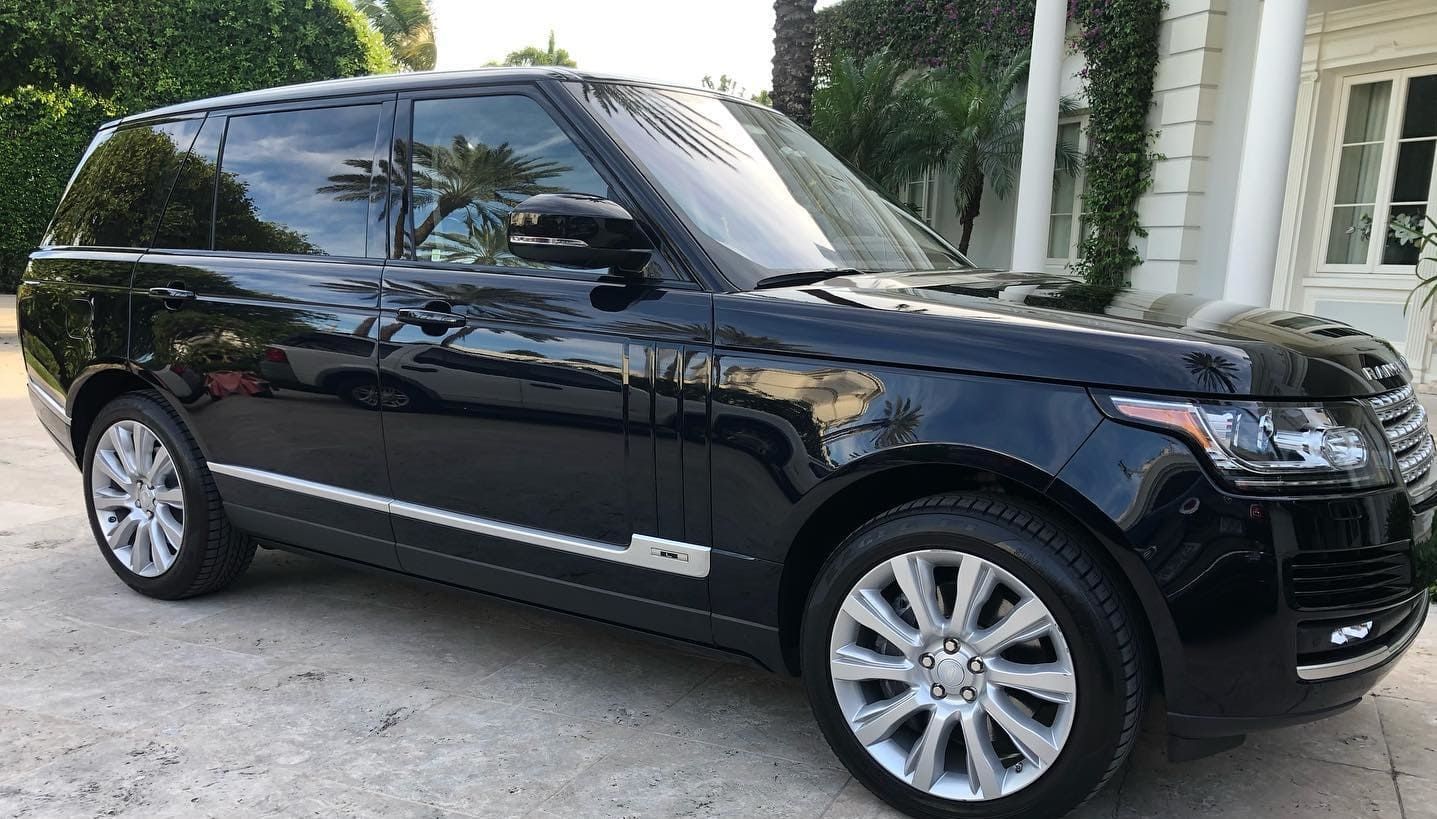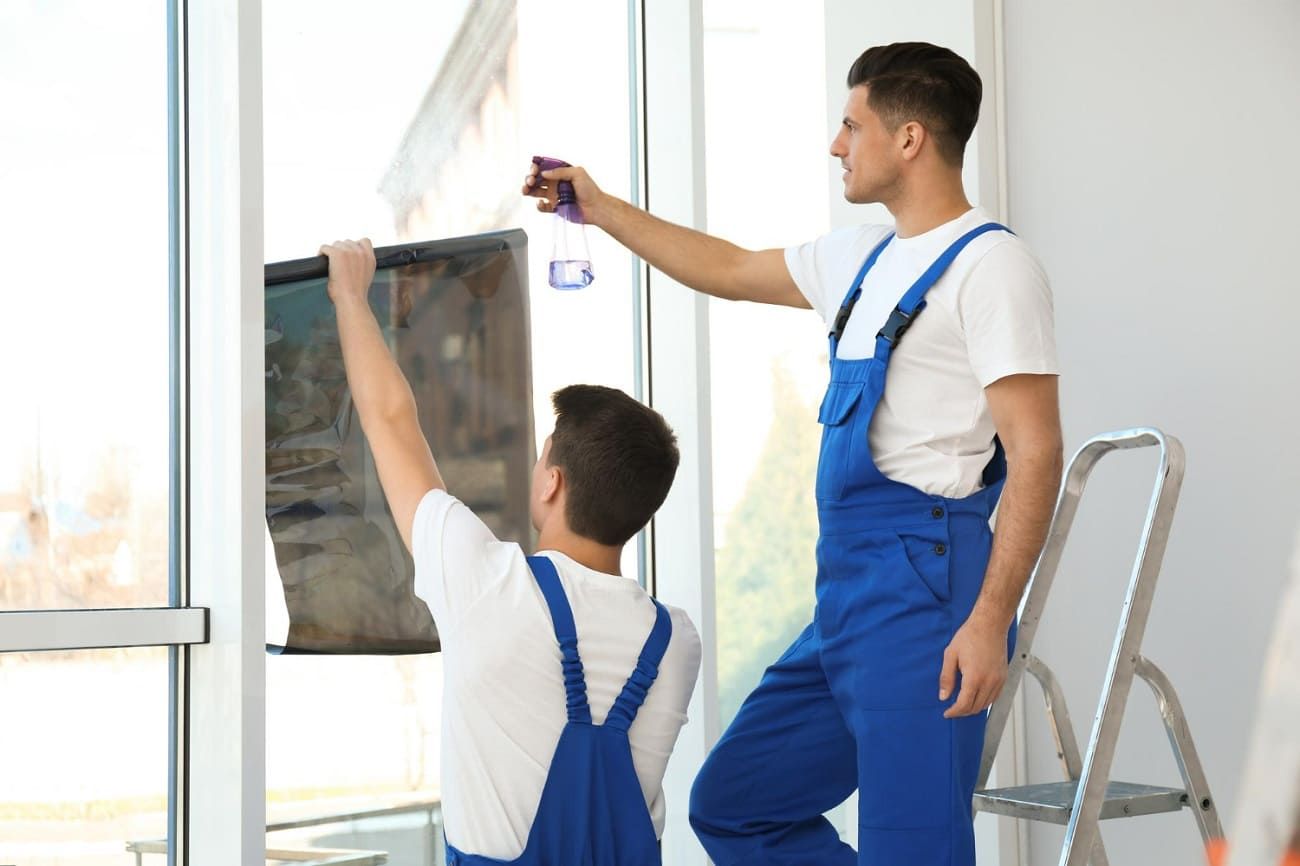Should I Tint My Windows
What is window tinting?
Window tinting is the process of applying a thin film to the windows of a vehicle or building. This film helps to reduce the amount of heat and sunlight that enters through the windows, providing a cooler and more comfortable environment inside. Additionally, window tinting can also enhance privacy and protect the interior of the vehicle or building from fading due to UV rays.
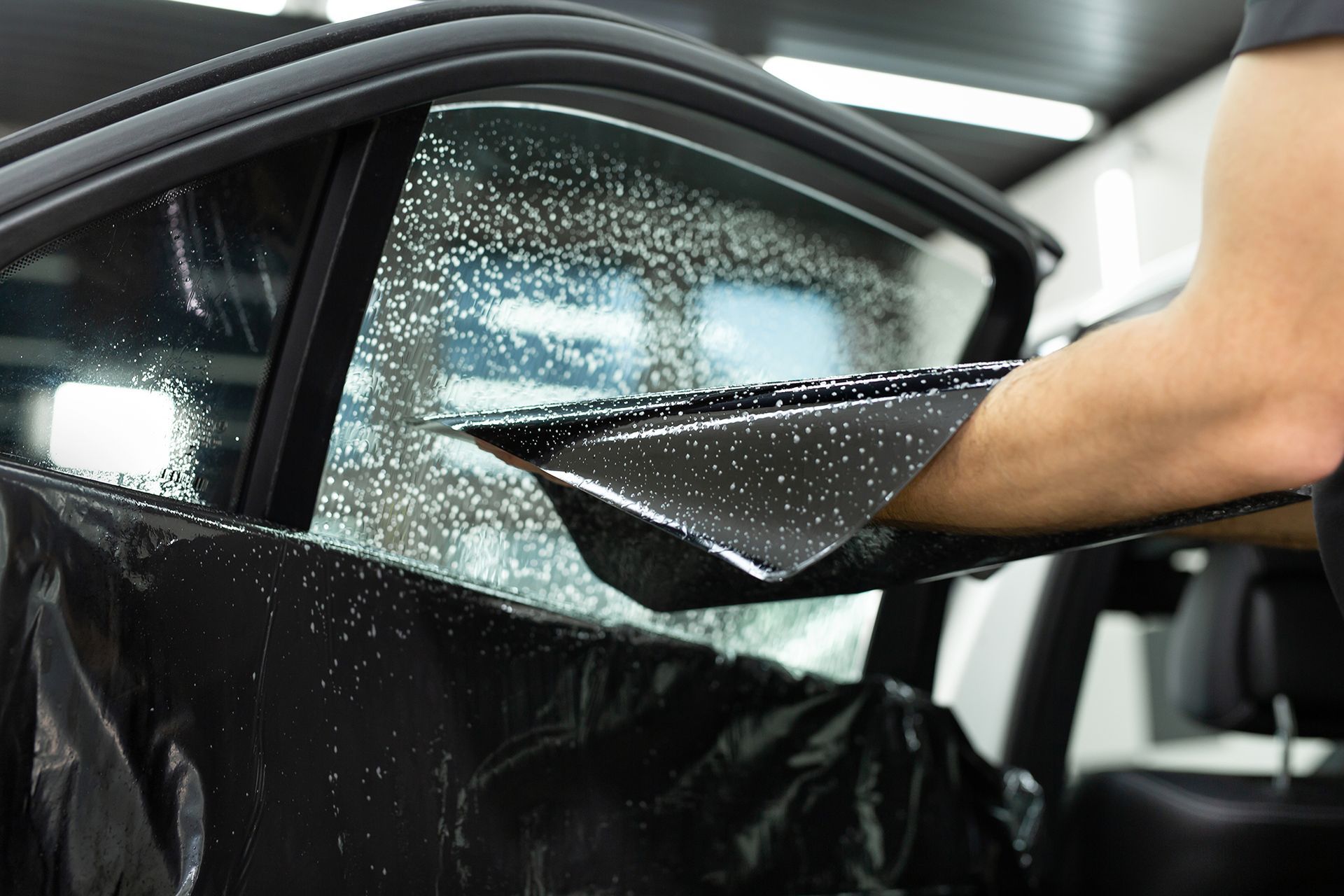
Different types of window tinting
There are different types of window tinting for your car or home. These include:
1. Dyed Window Tint:
This type is made by placing a layer of dye between an adhesive layer and a protective outer layer. It's good for reducing glare and heat, but it may fade over time.
2. Metalized Window Film:
This type contains small metallic particles to block sunlight and heat. It's durable and provides better protection against harmful UV rays.
3. Carbon Window Tint:
This type is dark and blocks a significant amount of heat while not interfering with electronic devices. It's more effective in heat reduction than dyed film.
Each type of tint has its own benefits, so choosing the right one depends on your preferences and needs.
Benefits of window tinting
Window tinting has several benefits, including:
1. UV Protection:
Tinted windows can block up to 99% of harmful UV rays, protecting your skin and eyes from damage.
2. Heat Reduction:
Tinting can significantly reduce the amount of heat that enters your car, keeping it cooler in hot weather.
3. Privacy and Security:
Tinted windows can provide privacy for you and your belongings, reducing the risk of theft.
4. Interior Protection:
Tinted windows can help prevent fading and cracking of your car's interior upholstery and dashboard.
Laws and regulations for window tinting
Window tinting laws and regulations vary by state, with each state setting its own legal limits for how dark car windows can be tinted. Some common restrictions include allowing 20% VLT (visible light transmission) for the front side windows, while the rear windows and back windshield can have a darker tint. Many states also prohibit the use of reflective or mirrored tints. Before getting your windows tinted, make sure to check the laws in your state to ensure compliance.
Factors to consider before getting window tinting
Before getting window tinting, it's important to consider a few factors to ensure you make the right decision. Here are some things to keep in mind:
1. Local Regulations:
Check the local laws and regulations regarding window tinting in your area to ensure you comply with the legal requirements.
2. Type of Tint:
Decide on the type of window tint you want, such as dyed, metallized, or ceramic, based on your preferences and the level of UV protection you need.
3. Quality and Warranty:
Research different tinting options and inquire about their quality and warranty to ensure you choose a reputable and long-lasting product.
4. Professional Installation:
Seek out a professional and experienced installer to ensure the tint is applied correctly and effectively.
5. Maintenance:
Consider the maintenance requirements of different tint types and choose one that aligns with your lifestyle and needs.
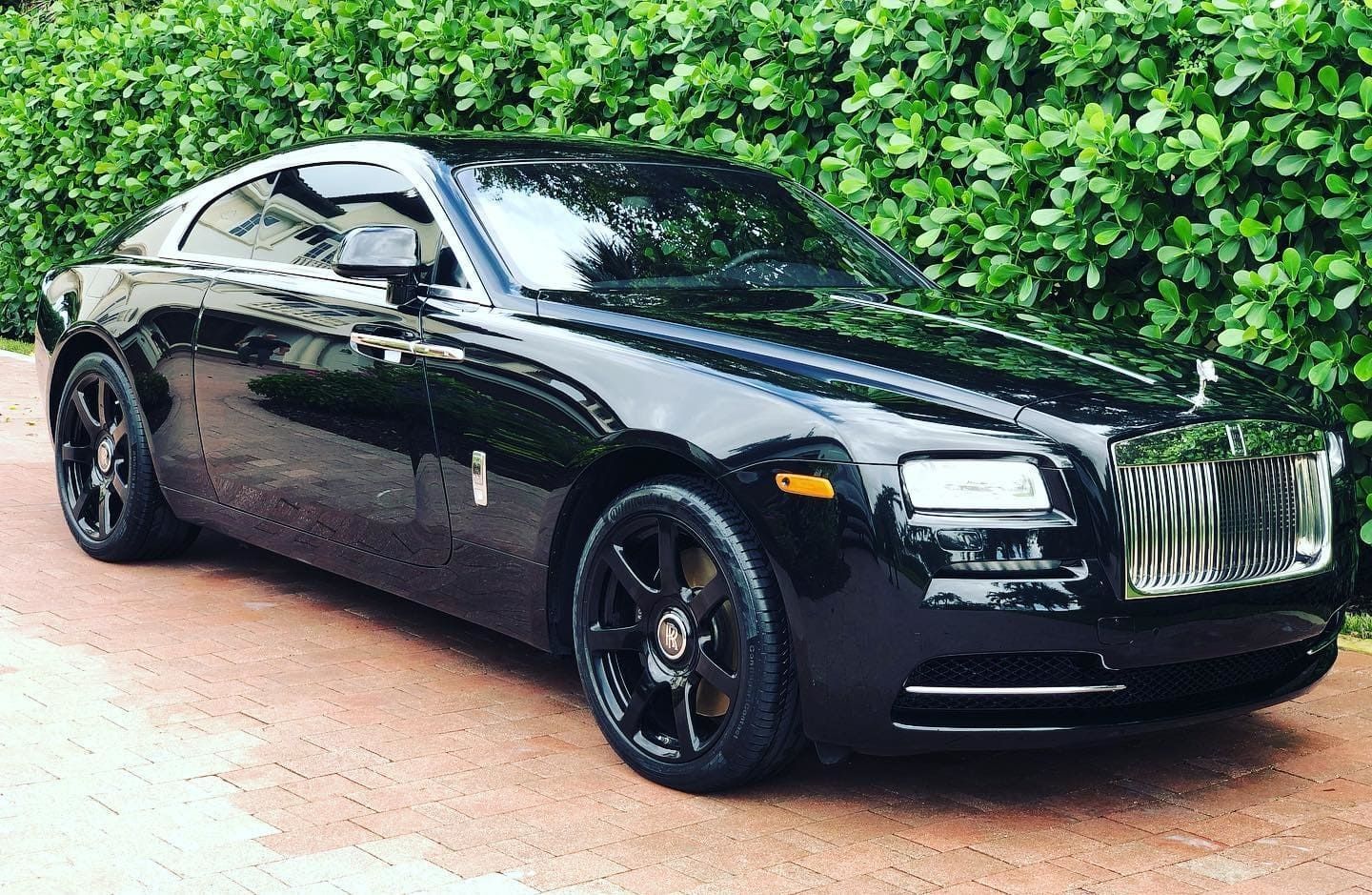
Professional vs DIY window tinting
Professional window tinting is generally more expensive than DIY tinting but offers a higher quality result. Professional installers have the expertise and tools to ensure a precise and long-lasting application. On the other hand, DIY tinting kits are more affordable and allow you to customize the installation process according to your preferences. However, they may be more prone to errors and may not provide the same level of durability and protection against UV rays and heat.
Window tinting installation process
When getting window tinting installed, the process involves the following steps:
- Preparation: The window is cleaned and prepped to ensure a smooth surface for the tint film.
- Measuring and Cutting: The tint film is measured and cut to fit the specific window dimensions.
- Application: The tint film is carefully applied to the interior of the window using a solution to prevent air bubbles.
- Drying: The tint needs time to dry and adhere properly to the window.
- Final Inspection: The installer will check for any imperfections and ensure the tint is applied evenly.
It's important to choose a reputable professional for the installation to ensure a high-quality and long-lasting result.
Maintenance and care for window tinting
To maintain and care for your window tinting, it's essential to use only mild, ammonia-free cleaning solutions to avoid damaging the film. When cleaning, use a soft, clean cloth or a rubber squeegee to prevent scratches. Avoid using abrasive materials or harsh chemicals that can cause the tint to peel or bubble. Additionally, be gentle when rolling windows up or down to prevent damaging the edges of the tint. Regularly inspect the tint for any signs of peeling or bubbling, and if any issues arise, consult a professional tinter for necessary repairs.
Common misconceptions about window tinting
Window tinting does not interfere with GPS signals or cellphone reception. This is because most modern window films are designed to allow these signals to pass through. Additionally, window tinting does not necessarily mean making your windows too dark to see through at night, as there are various levels of tint darkness available to choose from. Keep in mind that professional installation is essential to ensure that the tinting complements the appearance and functionality of your vehicle's windows without causing any issues.
Conclusion
When considering window tinting, it's important to remember that the type of film used, the quality of installation, and local regulations can all impact the results. Before making a decision, do your research and consult with professionals in the industry to find the best solution for your needs. Whether it's for UV protection, privacy, or aesthetics, the right tint can make a significant difference in your vehicle's comfort and appearance.
LOOKS Auto Detailing is the #1 window tint shop in West Palm Beach and services customers from all over Palm Beach County. If you live in the area, don't hesitate to get your auto window tinting free estimate!
